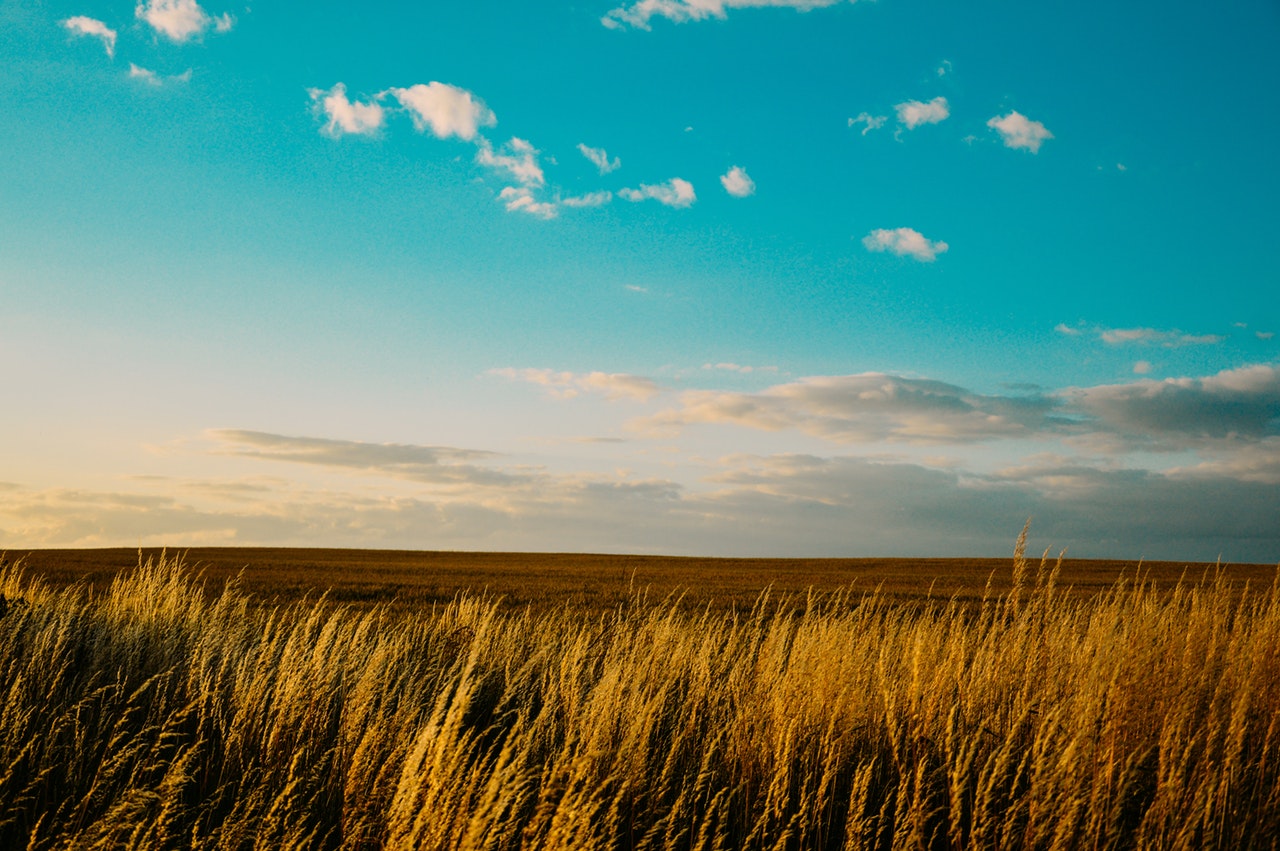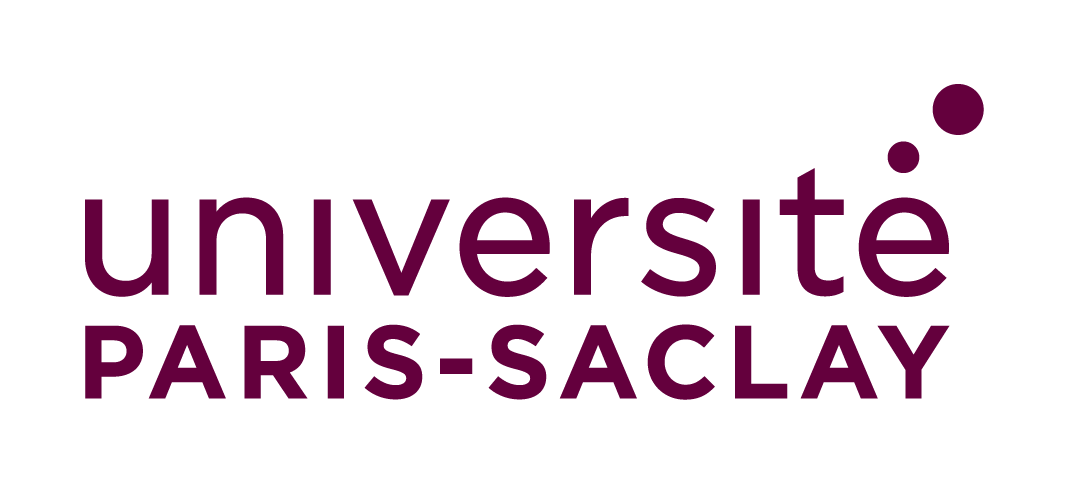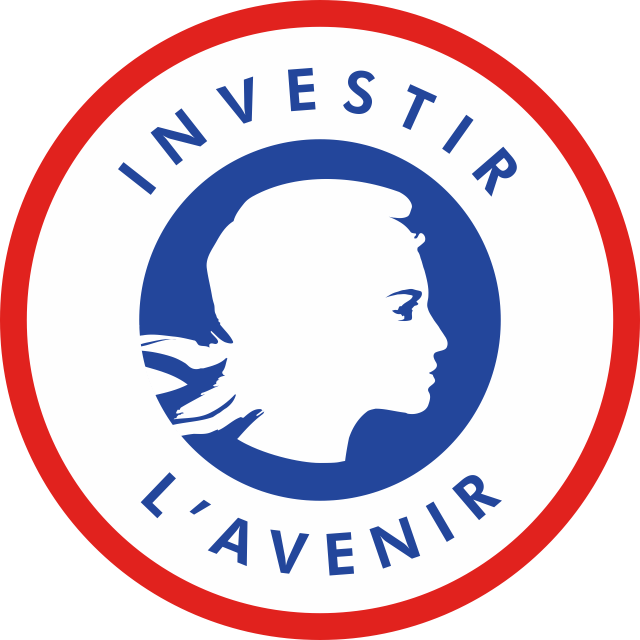
In the coming decades, the production of food and fibers at global and regional scale will be severely impacted by climate change, which will require transformational adaptation strategies. In the mean time, reducing greenhouse gas emissions in agriculture and forestry is central to the international objective of keeping climate warming below 2°C, which calls for reductions of methane and nitrous oxide emissions as well as additional carbon sequestration in cultivated ecosystems.
CLand is a Convergence Institute funded by the French government in 2017 to perform in the next decade the research urgently needed on land-management solutions for managing the ecological and energy transitions of the 21st century.
CLand develops new cross-disciplinary research across leading teams in the Paris area in modelling climate change, food and fibre production, biodiversity dynamics, ecosystem functioning and land-use socio-economics. In addition to models, data syntheses will help understand key feedbacks and assess risks and sustainable options for integrated management of land ecosystems.
CLand aims to support the activity of 200 researchers in 12 teams, and develop a graduate programme across Master and Doctoral schools of the University of Paris Saclay, in partnership with European and international institutes.




